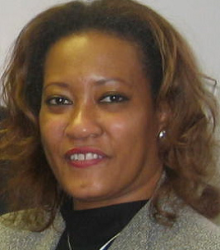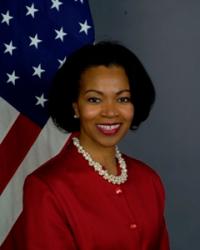

9:00 am EDT - 12:00 pm EDT
Past Event
9:00 am - 12:00 pm EDT
1775 Massachusetts Avenue N.W.
Washington, DC
20036
President Donald Trump won the 2016 election largely by carrying Rust Belt states and doing especially well with a demographic skeptical of America’s role in the world regarding trade, investment, diplomacy, alliances, and immigration policy. His election has had consequences for U.S. foreign policy, from reducing foreign aid and pulling out of the Paris Climate Accord, to imposing highly restrictive immigration policies and questioning numerous alliances. Yet, U.S. foreign policy remains in flux as President Trump’s approach evolves, with the 2018 midterm elections demonstrating that many voters are not satisfied with the direction of the country. This situation provides a rich backdrop for debate, now and in the run-up to the 2020 political season, about how to best advance America’s interests at home and abroad.
On April 5, Women of Color Advancing Peace, Security and Conflict Transformation (WCAPS) and the Foreign Policy program at The Brookings Institution hosted a discussion on the implications of this complex political environment in which domestic and foreign policy decisions influence each other. The discussion outlined how evidenced-based policy analysis and dialogue can inform a comprehensive U.S. policy. Questions from the audience followed the panel discussions.
9:00 am - 9:05 am
9:05 am - 9:30 am
Discussant

9:35 am - 10:45 am
This panel will examine the implications of the 2016 election on US regional foreign policies. What are our policies towards these regions today, how have those policies been impacted or changed as a result of the 2016 elections, and how are our foreign policies impacting our domestic policies?
Panelist



10:45 am - 11:55 am
This panel will examine the implications of the 2016 election on US national security issues, including peace building, global health, cybersecurity, terrorism and extremism.
Panelist




11:55 am - 12:00 pm


George Ingram, Anthony F. Pipa
July 10, 2025

Landry Signé
July 8, 2025

Ling Chen, Ryan Hass, Jennifer Kavanagh, Michael E. O’Hanlon, Bruce Jones, Mireya Solís, Thomas Wright
July 2, 2025